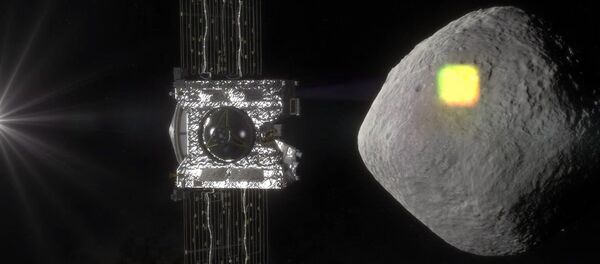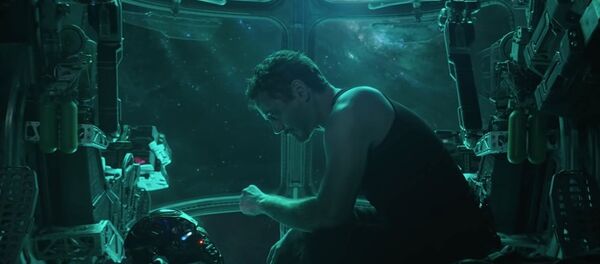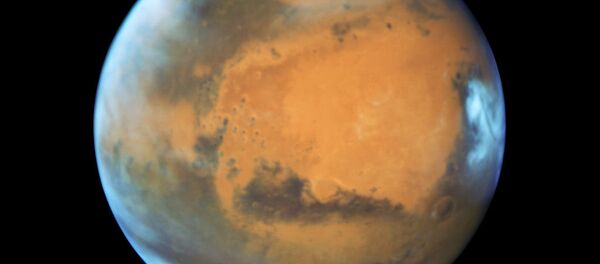Sputnik: What have scientists observed during the exploration?
Dr Gbenga Oduntan: These two tremendously useful spacecrafts have been spotting things that we never knew existed before. Take for instance the existence of surface liquids and determining that it is methane on Titan; the fact that Saturn's atmosphere is completely made up of hydrogen and helium; the finding out that there are magnetic fields running into millions of kilometres above Uranus; the discovery of two new rings of Uranus — the list is nearly endless, at least from the perspective of scientists who are excited about these things. I think what they are looking forward to now is this kind of detailed collaboration of some of the things we have already knowledge on, and perhaps also the discovery of new things.
Dr Gbenga Oduntan: The essential thing about what Voyager 2 has done — and it's the second spacecraft that has ever done this in history — is to go beyond the heliosphere, to discover things that are beyond the shockwave or the wind-wave of solar energy. That gives a bit more clarity to its sensors that deal with magnetic fields. I think they will now be less interfered with by solar waves and the solar system behaviour. And then, of course, it's important also because Voyager 2 is in outer space. We might be able to spot other formations, other phenomena that obviously do not make themselves readily available to us now.
Dr Gbenga Oduntan: Voyager 2 was scheduled to visit Saturn's planets; it had to go to Neptune; I think it had to go to Uranus and to Jupiter. It had a path that it had to go through. And it has just taken this detour outside the solar system principally because it needs to conserve its functioning applications, and with the fuel it has now this is what was planned really — although the timeframe might have been shortened a bit. It has travelled at this rate of a billion miles every three years, and right now it's in billion miles away from us. Once in a while, it turns around to look at us — if we're lucky — but it keeps on going on its journey.
READ MORE: NASA's Voyager 2 Probe Will Soon Leave the Solar System
Sputnik: Does the exploration of space depend on space nations working more closely together?
We really have so much space to share in a peaceful manner, and hopefully without degenerating into laissez-faire property ownership. And that's the challenge of the future: to keep the eyes of capitalist forces set on the fact that outer space is the province of all mankind, it is the common heritage of all mankind, and it's not an avenue for international politics of negative sorts — including the placement of weapons out there. That's not what we want and that we are meant to do. We are on a journey of discovery.
The views expressed in this article are those of the speaker and do not necessarily reflect those of Sputnik.




